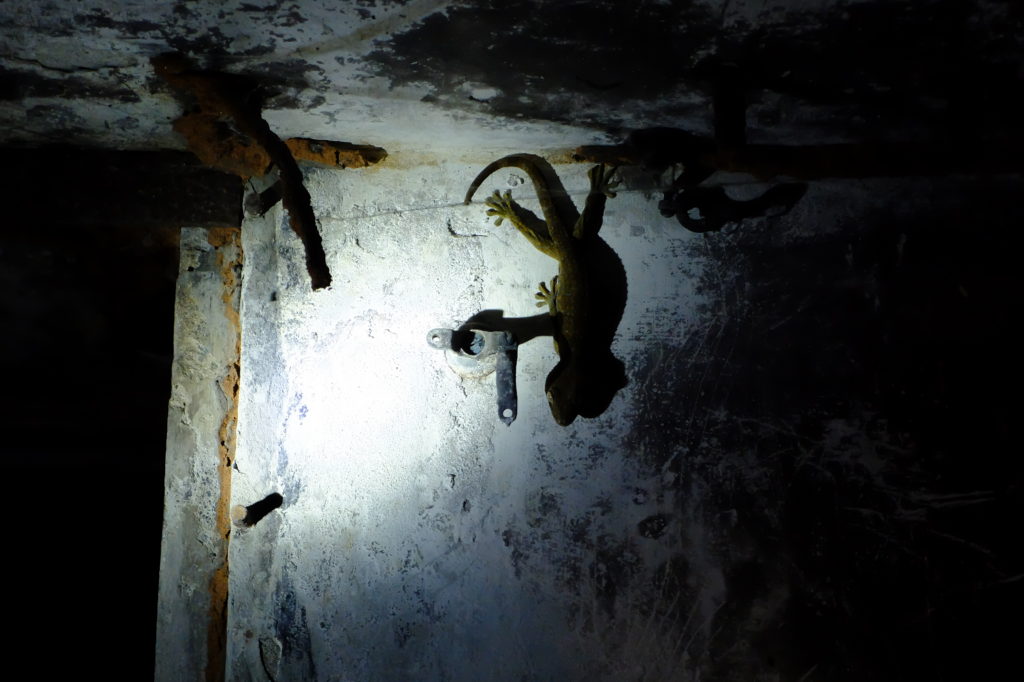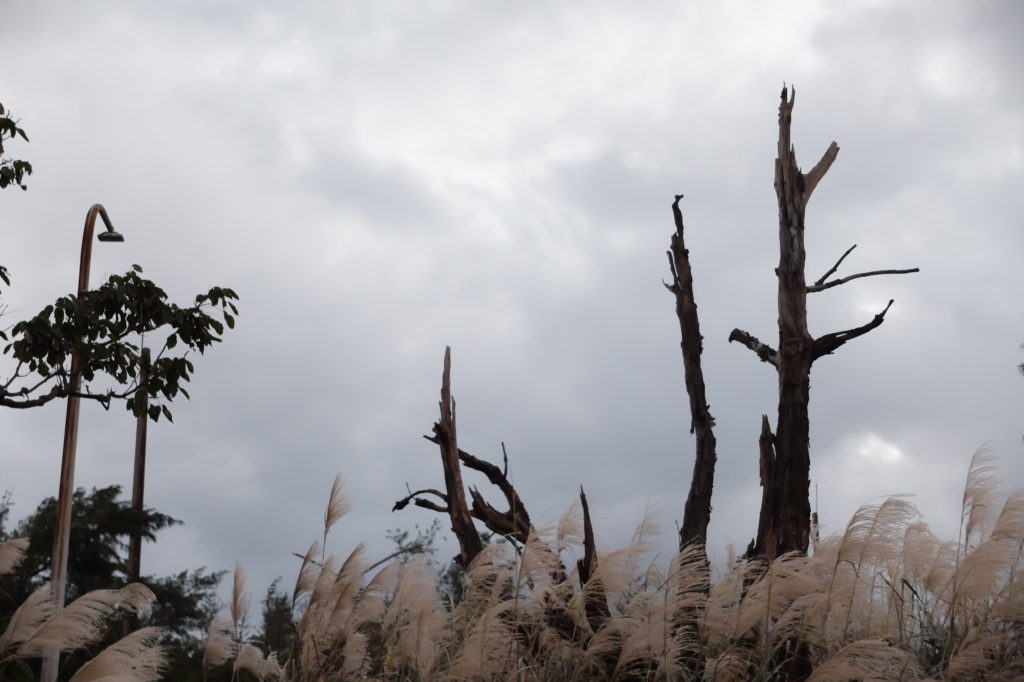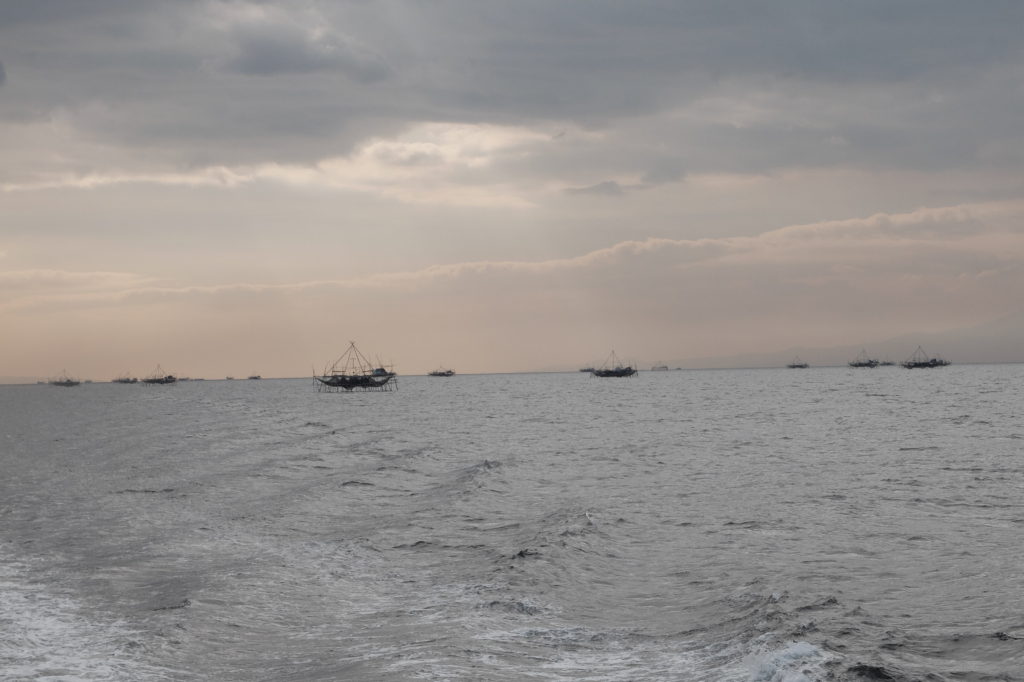
Once a month, we put together a list of stories we’ve been reading: news you might’ve missed or crucial conversations going on around the web. We focus on environmental justice, radical municipalism, new politics, political theory, and resources for action and education.
We try to include articles that have been published recently but will last, that are relatively light and inspiring, and are from corners of the web that don’t always get the light of day. This will also be a space to keep you up to date with news about what’s happening at Uneven Earth.
Must-reads this June include GRAIN’s investigation into the Bill and Melinda Gates Foundation and their outsized influence over global agriculture, Kai Heron on why ‘socialism or extinction’ isn’t quite accurate, a story on the Landless Workers’ Movement and the LGBTQIA+ community in Brazil, and a critique of the EU’s Green Deal. We also read a lot of articles about wildlife and species justice. Browse the list for more!
A small note that the articles linked in this newsletter do not represent the views of Uneven Earth. When reading, please keep in mind that we don’t have capacity to do further research on the authors or publishers!
Uneven Earth updates
Why the National Páramo Day in Ecuador matters | The páramo is a wetland ecosystem found only in the Andes, but its future well-being has global implications
Discounting | Descriptive discount rates both reflect and sustain a highly unequal and myopic world
Top 5 articles to read
Extinction isn’t the worst that can happen. It’s much more likely that climate chaos will intensify existing processes than bring about the end times.
Pacific plunder: this is who profits from the mass extraction of the region’s natural resources, part of The Pacific project series
Climate colonialism and the EU’s Green Deal
How the Gates Foundation is driving the food system, in the wrong direction
Agrarian reform and queer rights go hand in hand. The Landless Workers’ Movement in Brazil fights for LGBTQIA+ people who are being murdered at an alarming rate in a country besieged by racism, capitalist domination and exploitation.
News you might’ve missed
Reducing poverty can actually lower energy demand, finds research
The push to make ‘ecocide’ an international crime takes a big step forward
Revealed: ExxonMobil’s lobbying war on climate change legislation
Big oil and gas kept a dirty secret for decades. Now they may pay the price
Hotter than the human body can handle: Pakistan city broils in world’s highest temperatures
‘The next pandemic’: drought is a hidden global crisis, UN says
Iceland tried a shortened workweek and it was an ‘overwhelming success’
America’s continued move toward socialism. Just half of younger Americans now hold a positive view of capitalism — and socialism’s appeal in the U.S. continues to grow, driven by Black Americans and women, according to a new Axios/Momentive poll.
Where we’re at: analysis
What exactly is the “system” that we are fighting?
If we can vaccinate the world, we can beat the climate crisis
Dust storms, green waves. A lattice of violent, global relations sustains China’s colonization of ‘Xinjiang’.
The WWF’s poaching war is killing innocent people
The connection between clearcut logging and Canada’s hottest day on record. With temperatures set to soar to 47 C in B.C., forests provide a cool, wet place for animals and people alike to seek shelter.
The rush to ‘go electric’ comes with a hidden cost: destructive lithium mining
Sixty years of climate change warnings: the signs that were missed (and ignored)
We are on track for a planet-wide, climate-driven landscape makeover
Food and water politics
Imperial roots of the global food system
Inside the struggle for water sovereignty in Brazil
Oregon’s water crisis could have a quiet solution
What a water shortage is doing to some of America’s best farmland
A perfect storm: Climate change and overfishing
Farmworkers endure brutal conditions during historic heat wave / As the climate emergency grows, farmworkers lack protection from deadly heat
How pesticide companies corrupted the EPA and poisoned America
Just think about it…
The case for letting Malibu burn
Mines produce more waste than metal
Modern medicine still has much to learn about women’s bodies
The struggle to be Nadleehi: A Two Spirit person
How to heal in the Anthropocene, part of the Climate emotions series
The problem with reinforced concrete
Species justice
Climate change and biodiversity loss must be tackled together – report
Species solidarity: Rediscovering our connection to the web of life
Did the pandemic really help wildlife?
How fireworks harm nonhuman animals
When the bison come back, will the ecosystem follow?
There’s a wolverine in my neighborhood. “Often, conservation communicators think in terms of educating around the big, global, complicated issues. But there’s a role for helping people understand and appreciate the local, the small, the overlooked.”
Degrowth
La política anticolonial del decrecimiento
The delusion of infinite economic growth
The poverty of ‘economic growth’
New politics
It’s time to nationalize Shell. Private oil companies are no longer fit for purpose
Making the world big enough for all of us: A review of Max Ajl’s ‘A People’s Green New Deal’
Building an anti-imperialist climate justice movement
Transformation is not a metaphor
Cities and radical municipalism
An ambitious, radical Green-Left Coalition has won Zagreb’s elections. Here’s how they did it.
By bringing down Sweden’s government, the Left Party saved rent controls
A municipalist alternative for San Juan and Puerto Rico: An interview with Pablo Benson
If you sell a house these days, the buyer might be a pension fund
What if we designed cities for the safety of people, instead of the convenience of cars?
Blue-sky thinking: how cities can keep air clean after coronavirus
Sci-fi
Stories to save the world: the new wave of climate fiction
Solarpunk, climate change and the new thinkable
Ministry for the Future with Kim Stanley Robinson. The science fiction writer discusses his Modern Monetary Theory-inspired “cli-fi” novel.
Resources
The People vs. Agent Orange. A new documentary that investigates the legacy of one of the most dangerous pollutants on the planet, a cover-up, and the fight for accountability. Read a review here.
Want to receive this as a newsletter in your inbox? Subscribe here.




